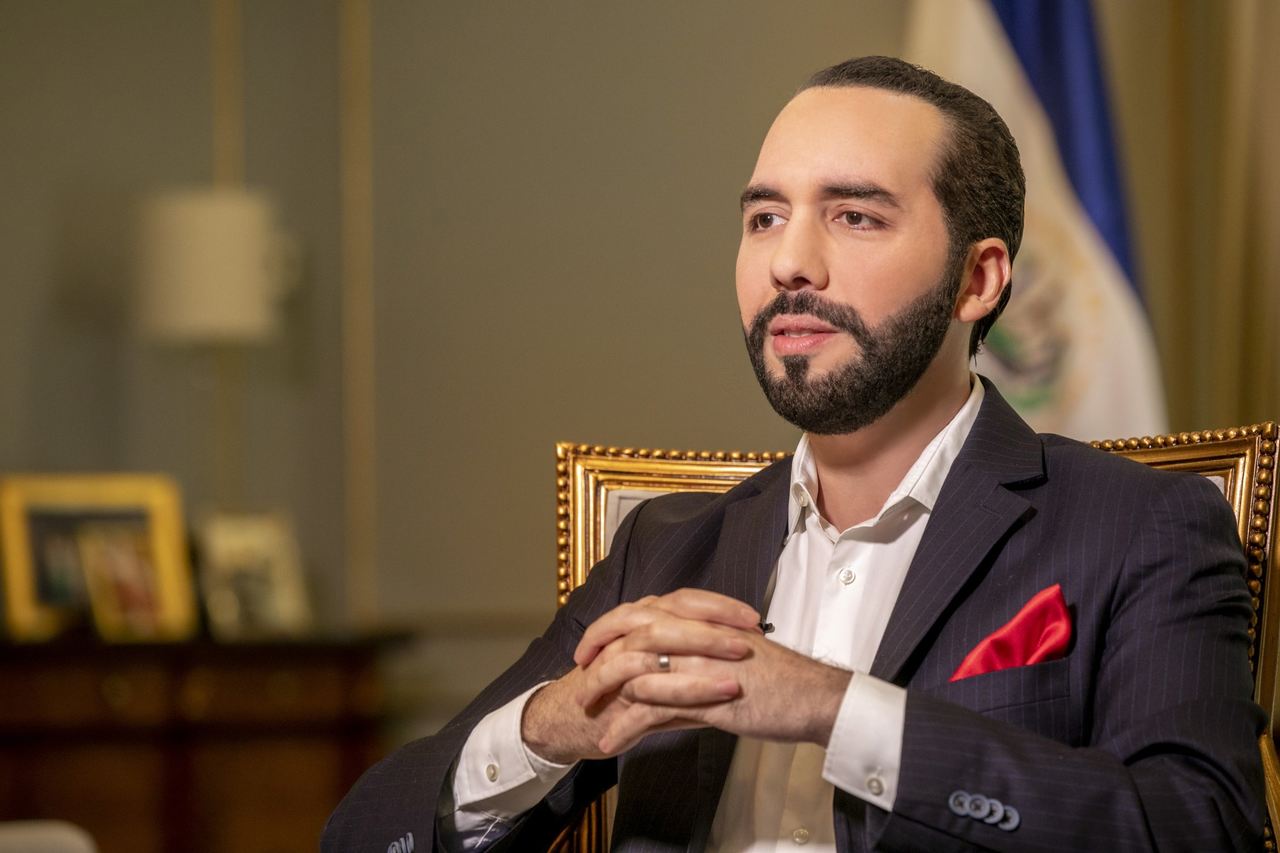U.S. rating agency Fitch Ratings has downgraded El Salvador’s credit rating for the second time this year. The rating was lowered from CCC (significant credit risk) to CC (very high credit risk).
According to Fitch’s analysis, this downgrade means that El Salvador is increasingly at risk of being unable to meet its financial obligations.
El Salvador has reached this point because of the maturity of US$800 million in external bonds in January 2023, in addition to “strained fiscal and external liquidity positions, extremely limited market access, and high fiscal financing needs,” the rating agency said.

“El Salvador’s government recently announced a voluntary US$360 million cash buyback of its 2023 and 2025 external bonds below par, which is expected to further weaken the country’s already tight liquidity position,” the report said.
The solution to improve the rating is for El Salvador to pay the January 2023 Eurobond redemption of US$800 million in full and on time, Fitch added.
In addition to the current outlook, the Central American country also received a poor rating from Fitch earlier this year, triggered at the time by the introduction of Bitcoin (BTC), for what it said was “uncertainty surrounding a potential International Monetary Fund (IMF) program that would unlock financing for 2022-2023.”
Against the backdrop of the credit downgrade and the delay in the Bitcoin bond launch, the president of El Salvador announced his decision to run for election again, despite the country’s constitution prohibiting it.
Bukele announced his intention in a message to his country on the 201st anniversary of independence. Aware that he was taking a measure that could bring him inconvenience, the president said he would continue his candidacy “no matter how many protests come from abroad.”
“More than one industrialized country will disagree, but it will not be them who decide, but the Salvadoran people,” Bukele stressed. Bukele’s decision could further destabilize El Salvador and further affect the country’s economic situation.
The president has been accused internationally of violations during the emergency regime, which includes the suspension of freedom of movement, expression, association and the inviolability of communications.
With information from Latina Press

